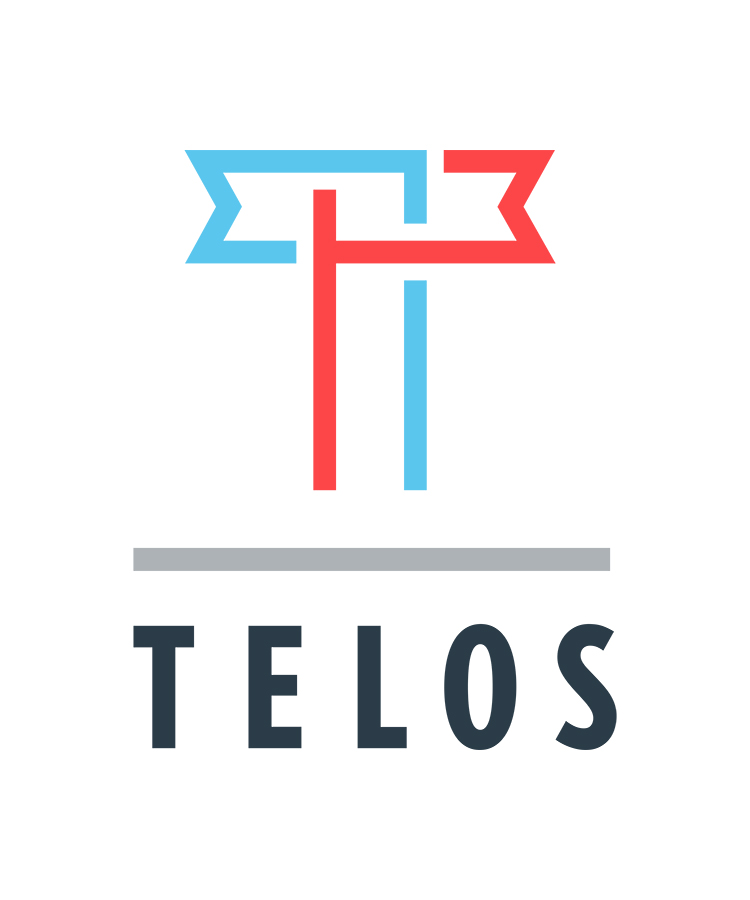A Reflection on Kenneth Roth & Harvard
By Sarah Sturm
Last week the news broke that Kenneth Roth, the former head of Human Rights Watch, was denied a fellowship at Harvard Kennedy School. Dean Douglas Elmendorf refused to approve the fellowship because of the alleged “anti-Israel bias” Human Rights Watch has in their reports.
While this might seem like an ivory tower issue to some, it’s one that illuminates deeper trends and tensions for all of us doing any kind of peace and justice work related to Israel/Palestine. And it reinforces why I think Telos’ human rights based approach to peacemaking is so important.
As an alumna of Harvard Divinity School, one of the central ironies for me about places like Harvard is that they form and convene leaders and intellectuals who end up working to very different purposes on key issues. When I took classes at the Kennedy school I encountered students from different backgrounds and whose views I vehemently disagree with, especially on important global issues. Including Israel/Palestine.
I have strong feelings about a lot of the visiting fellows at the Kennedy school, but at its best, it’s an opportunity for students and those fellows to form authentic relationships across lines of difference. To listen to understand, and hold competing perspectives in tension. As we know, that’s the bedrock of transformation.
Denying access to one of the leading advocates for human rights harms not only the students who would have loved to have studied with Roth, but all the students who might have disagreed with him and been transformed through those encounters. As Telos president Greg Khalil might say referencing the great poem by Hafez, it’s one less person dropping keys to help open cages.
As we know, culture change is upstream of politics, and today more than ever we need a culture that roots peace and justice in human rights. A culture rooted in human rights is the only culture that can actually lead to mutual flourishing. It requires that we hold everyone to a high standard, our friends alongside our enemies, to create the conditions where we can all flourish. And that starts—but does not end—at institutions like Harvard.
Kenneth Roth will be absolutely fine, but this doesn’t only happen to him. It happens on a daily basis to Palestinian and other academics working to challenge traditional narratives and advocate for a human rights approach to peace and justice. It happens to many Jewish peacemakers, who like and including Roth, understand that combating antisemitism in the US and abroad is also tied to a strong defense of human rights. It happens to everyday peacemakers and advocates who believe that change is always possible.
One of the best ways we can support their efforts is by doing the same in our own communities. By transforming values into actions and bringing a robust human rights-based peacemaking from the margins to the center. Telos’ Principles and Practices of Peacemaking offer one roadmap of how to start doing that in your own families and communities.
Human rights are increasingly under threat around the world, and when they are eroded anywhere, they are eroded everywhere. As peacemakers working to build the beloved community, we know that we cannot pick and choose whose to uphold and whose to turn an ignorant eye to. At Telos, we know that there can only be a peaceful future for Israelis when there is a peaceful future for Palestinians, and both are rooted in human rights, freedom, and dignity. And we invite you to join us in our telos of mutual flourishing.
